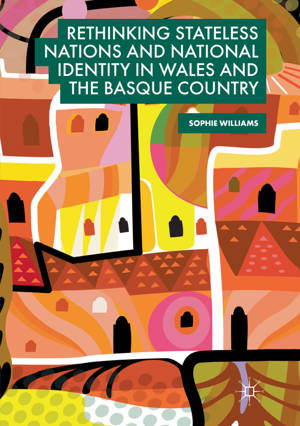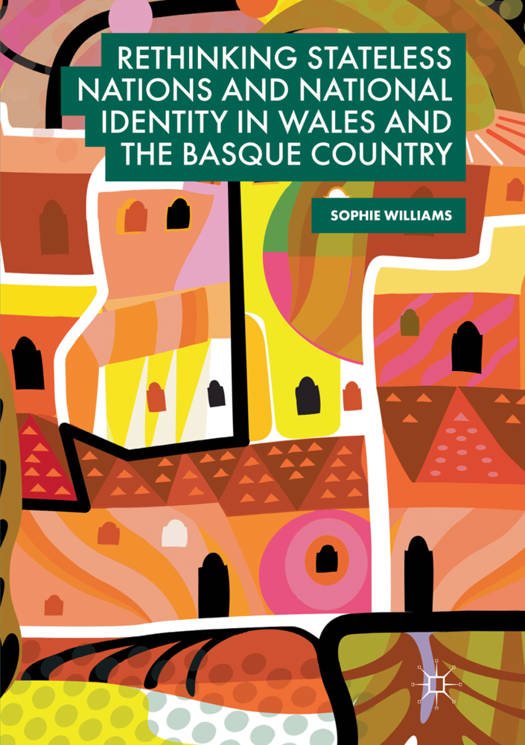
- Afhalen na 1 uur in een winkel met voorraad
- Gratis thuislevering in België vanaf € 30
- Ruim aanbod met 7 miljoen producten
- Afhalen na 1 uur in een winkel met voorraad
- Gratis thuislevering in België vanaf € 30
- Ruim aanbod met 7 miljoen producten
Zoeken
Rethinking Stateless Nations and National Identity in Wales and the Basque Country
Sophie Williams
Paperback | Engels
€ 73,95
+ 147 punten
Uitvoering
Omschrijving
This book looks at the fundamental components of national identity as understood by ordinary nation members, and the way in which it is mobilised by political elites. Drawing on an original case comparison between Wales and the Basque Country, the author suggests there are many commonalities between these two nations, particularly around the fundamentals of their national identities. However, differences occur in terms of degree of intensity of feeling and around the politicisation of identity, with more entrenched and hostile political positioning in the Basque Country than Wales. Through a multi-level comparison, the book generates insights into national identity as a theoretical concept and in a 'stateless nation' context. It argues for national identity's intangible, yet polemical, nature, looking at the primordialist way it is understood, its permanence and importance, coupled with its lack of everyday salience and consequent obligations.
Specificaties
Betrokkenen
- Auteur(s):
- Uitgeverij:
Inhoud
- Aantal bladzijden:
- 274
- Taal:
- Engels
Eigenschappen
- Productcode (EAN):
- 9783030082468
- Verschijningsdatum:
- 14/12/2018
- Uitvoering:
- Paperback
- Formaat:
- Trade paperback (VS)
- Afmetingen:
- 148 mm x 208 mm
- Gewicht:
- 362 g

Alleen bij Standaard Boekhandel
+ 147 punten op je klantenkaart van Standaard Boekhandel
Beoordelingen
We publiceren alleen reviews die voldoen aan de voorwaarden voor reviews. Bekijk onze voorwaarden voor reviews.











